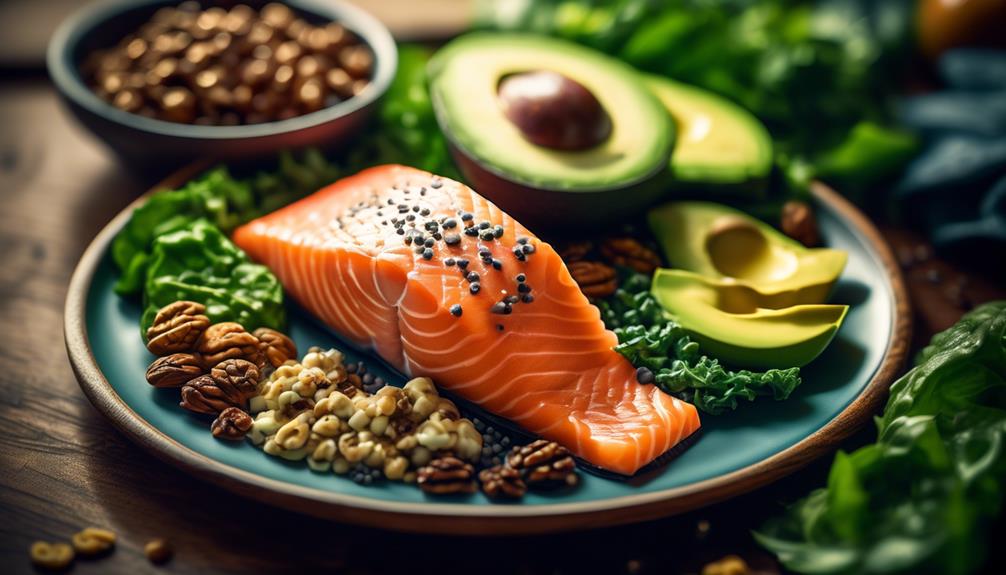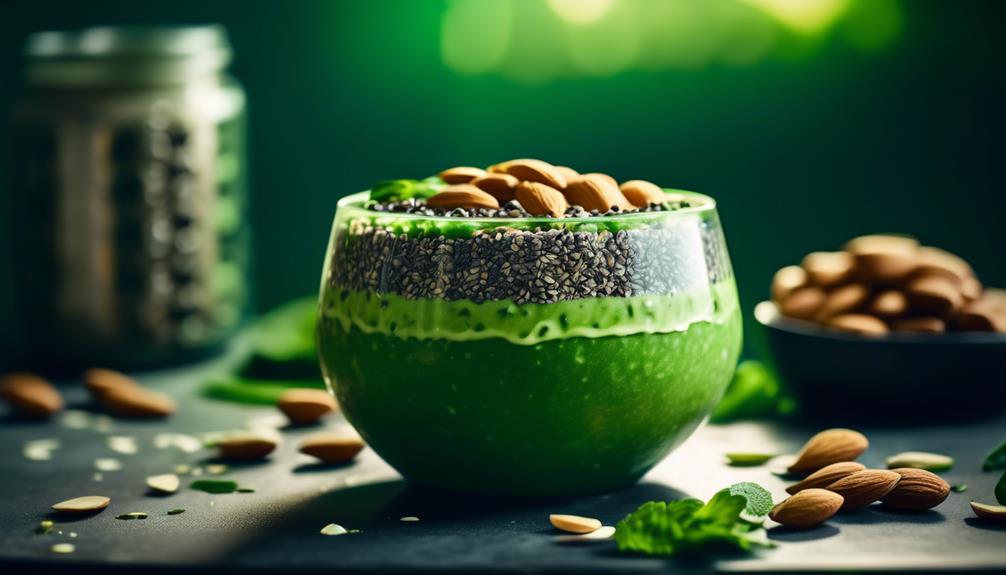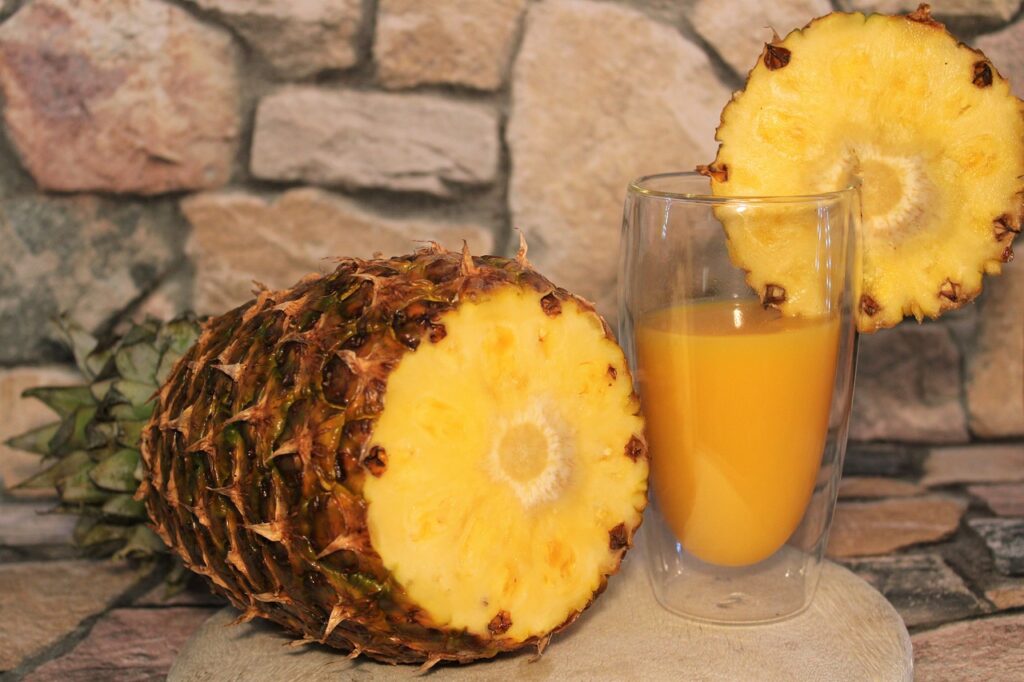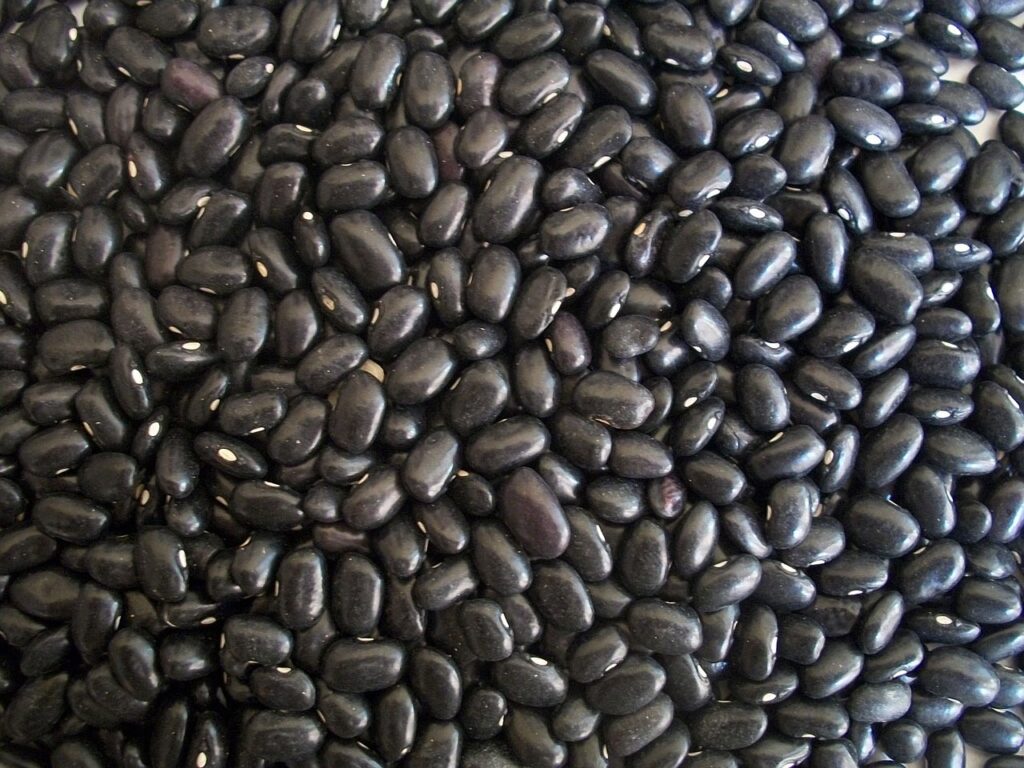Are you a new dairy-free keto follower looking to optimize your nutrient intake?
Well, imagine this scenario: You've recently adopted a dairy-free ketogenic diet, and while you're enjoying the benefits of weight loss and increased energy, you're concerned about getting all the necessary vitamins and minerals.
Don't worry, we've got you covered. In this discussion, we will explore the must-have vitamins that are essential for your new dietary lifestyle.
From folic acid to vitamin E, we will delve into the importance of these nutrients and how they can support your overall health and well-being.
So, let's get started and discover the key vitamins that every dairy-free keto follower should consider incorporating into their daily routine.
Vitamin B12: Essential for Energy Production and Nervous System Health

To maintain optimal energy levels and support the health of your nervous system, it's essential that you ensure an adequate intake of vitamin B12. This vitamin plays a crucial role in energy production and is necessary for the formation of red blood cells and DNA synthesis. Without enough B12, you may experience fatigue, weakness, and even neurological issues.
For dairy-free keto followers, obtaining enough B12 can be a bit challenging since this vitamin is primarily found in animal products. However, there are still options available to meet your B12 needs. Fortified non-dairy milk, such as almond or soy milk, can be an excellent source of this essential vitamin. Nutritional yeast is another dairy-free option that's often fortified with B12. Additionally, B12 supplements are widely available and can be taken to ensure you're meeting your daily requirements.
It's important for dairy-free keto followers to regularly monitor their B12 levels to prevent deficiency. This can be done through blood tests conducted by a healthcare professional. By staying on top of your B12 intake and monitoring your levels, you can support your energy levels and maintain the health of your nervous system.
Vitamin D: Supports Bone Health and Immune Function
Did you know that Vitamin D plays a crucial role in supporting bone health and immune function?
It helps your body absorb calcium, which is essential for strong and healthy bones. Additionally, Vitamin D is important for maintaining a well-functioning immune system.
While sunlight is a natural source of Vitamin D, you can also find it in certain dietary sources.
Importance of Sunlight
Sunlight is a crucial natural source of vitamin D, playing a vital role in supporting bone health and immune function. Here are some important facts about the importance of sunlight for obtaining vitamin D:
- Vitamin D is essential for supporting bone health and immune function.
- Sunlight is a natural source of vitamin D and helps the body produce this vital nutrient.
- Lack of adequate sunlight exposure can lead to vitamin D deficiency.
- Vitamin D plays a crucial role in calcium absorption, which is important for bone strength.
- Ensuring sufficient vitamin D intake is important for overall health, especially for those following a dairy-free keto diet.
While sunlight is an important source of vitamin D, some individuals may still need supplements. If you're following a keto diet and are concerned about your vitamin D levels, it's recommended to consult with a healthcare provider. They can guide you on the appropriate intake of vitamin D supplements and suggest other sources of this essential nutrient. Remember, this information isn't a substitute for professional medical advice.
Dietary Sources of Vitamin D
If you're following a dairy-free keto diet and want to ensure you're getting enough vitamin D to support bone health and immune function, it's important to know the dietary sources of this essential nutrient.
Vitamin D can be found in various foods. Fatty fish like salmon and tuna are excellent sources, as well as egg yolks. These provide support for bone health and immune function.
Fortified foods such as dairy alternatives, orange juice, and cereals are also rich in vitamin D, crucial for calcium absorption and overall well-being. Additionally, mushrooms, particularly those exposed to UV light, are a rare plant-based source of vitamin D, which is essential for immune regulation and promoting bone strength.
Spending time outdoors in sunlight triggers vitamin D production in the skin, vital for maintaining strong bones and supporting a healthy immune system. However, in cases of limited sun exposure, a vitamin D supplement may be necessary to ensure adequate levels for bone health and immune function. It's always a good idea to consult a healthcare professional before starting any supplements.
Omega-3 Fatty Acids: Promote Heart Health and Reduce Inflammation

Consuming omega-3 fatty acids is essential for promoting heart health and reducing inflammation in the body. These essential fats have anti-inflammatory properties that can support overall well-being. If you're following a dairy-free keto diet, incorporating omega-3 fatty acids into your meal plan is a must-have for optimal health.
Here are five reasons why these fatty acids are so important:
- Heart Health: Omega-3 fatty acids have been shown to support heart health by reducing the risk of heart disease. They can help lower triglyceride levels, decrease blood pressure, and prevent the formation of harmful blood clots.
- Reduce Inflammation: Inflammation is a natural response in the body, but chronic inflammation can lead to various health problems. Omega-3 fatty acids help reduce inflammation, which can benefit conditions like arthritis, asthma, and even certain types of cancer.
- Brain Function: These fatty acids are crucial for brain health and development. They support cognitive function and can help reduce the risk of age-related mental decline, such as Alzheimer's disease.
- Joint Health: Omega-3 fatty acids have been shown to alleviate joint pain and stiffness, making them beneficial for individuals with arthritis or other inflammatory joint conditions.
- Skin Health: These fatty acids can improve skin health by reducing inflammation and promoting moisture retention. They may also help alleviate symptoms of skin conditions like eczema and psoriasis.
Incorporating omega-3 fatty acids into your dairy-free keto diet can have numerous benefits for your heart health and overall well-being. Consider adding sources of omega-3s such as fatty fish, chia seeds, flaxseeds, and walnuts to your meals to ensure you're getting the necessary nutrients.
Magnesium: Important for Muscle Function and Relaxation
To ensure optimal muscle function and relaxation, it's important to prioritize the intake of magnesium on a dairy-free keto diet. Magnesium plays a crucial role in muscle health, as it's involved in over 300 enzymatic reactions in the body. One of its key functions is to help muscles contract and relax properly.
A deficiency in magnesium can lead to muscle cramps, spasms, and even muscle weakness. This is especially important for those following a dairy-free keto diet, as certain foods high in magnesium, such as dairy products and legumes, may be restricted. Therefore, it becomes essential to find alternative sources of magnesium to meet your daily needs.
Fortunately, there are ways to incorporate magnesium into your dairy-free keto diet. Dark leafy greens like spinach and Swiss chard are excellent sources of magnesium. Nuts and seeds, such as almonds and pumpkin seeds, are also rich in this essential mineral. Additionally, you may consider taking magnesium supplements to ensure you're getting enough.
Calcium: Needed for Strong Bones and Teeth

Getting enough calcium is crucial for maintaining strong bones and teeth on a dairy-free keto diet. Calcium is essential for maintaining bone density and structure, making it a must-have nutrient for bone health. Here are some important facts about calcium that you should know:
- Dairy-free sources of calcium: If you're following a dairy-free diet, there are still plenty of options to get your daily dose of calcium. Tofu, almonds, and leafy greens like kale and spinach are all excellent sources of calcium.
- Importance for teeth: Calcium isn't only important for strong bones but also for maintaining healthy teeth. It plays a vital role in keeping tooth enamel strong and protecting against tooth decay.
- Crucial for muscle function: Calcium is essential for proper muscle function and contraction. It helps your muscles contract and relax, which is crucial for activities like walking, running, and even simple movements like picking up objects.
- Nerve transmission: Calcium is also involved in nerve transmission. It helps in the communication between nerve cells, allowing signals to be sent and received effectively.
- Consider calcium supplements: If your dietary intake of calcium is insufficient, you may consider taking a calcium supplement. Consult with a healthcare professional to determine the right dosage and type of supplement for your needs.
Ensuring you get enough calcium on a dairy-free keto diet is important for maintaining strong bones, healthy teeth, and overall optimal health.
Iron: Helps Transport Oxygen Throughout the Body
Maintaining a dairy-free keto diet not only requires a focus on calcium for strong bones and teeth but also emphasizes the importance of iron for its role in transporting oxygen throughout the body. Iron is an essential mineral that plays a crucial role in red blood cell production. These cells are responsible for carrying oxygen from the lungs to the rest of the body. Without enough iron, your body may not be able to produce sufficient red blood cells, leading to fatigue and decreased energy levels.
On a dairy-free keto diet, it's important to ensure that you're getting an adequate amount of iron. Good sources of iron include lean meats like beef and poultry, fish, and leafy greens. These foods can provide the necessary iron to meet your body's needs. If you're following a vegetarian keto diet, you can opt for plant-based iron sources such as tofu, lentils, and spinach.
While it's possible to get enough iron through your diet alone, some individuals may require additional supplementation to meet their iron needs. If you suspect that you might've an iron deficiency or are at risk of one, it's advisable to consult with a healthcare professional who can assess your iron levels and recommend appropriate supplementation if necessary.
Conclusion
So, you're diving into the world of dairy-free keto, huh?
Well, don't forget to stock up on some essential vitamins!
From B12 for energy to omega-3s for a healthy heart, these little powerhouses can make a big difference in your health.
And hey, who needs dairy anyway when you've got all these nutrient-packed options?
So grab your supplements and get ready to conquer the keto life like a boss!







